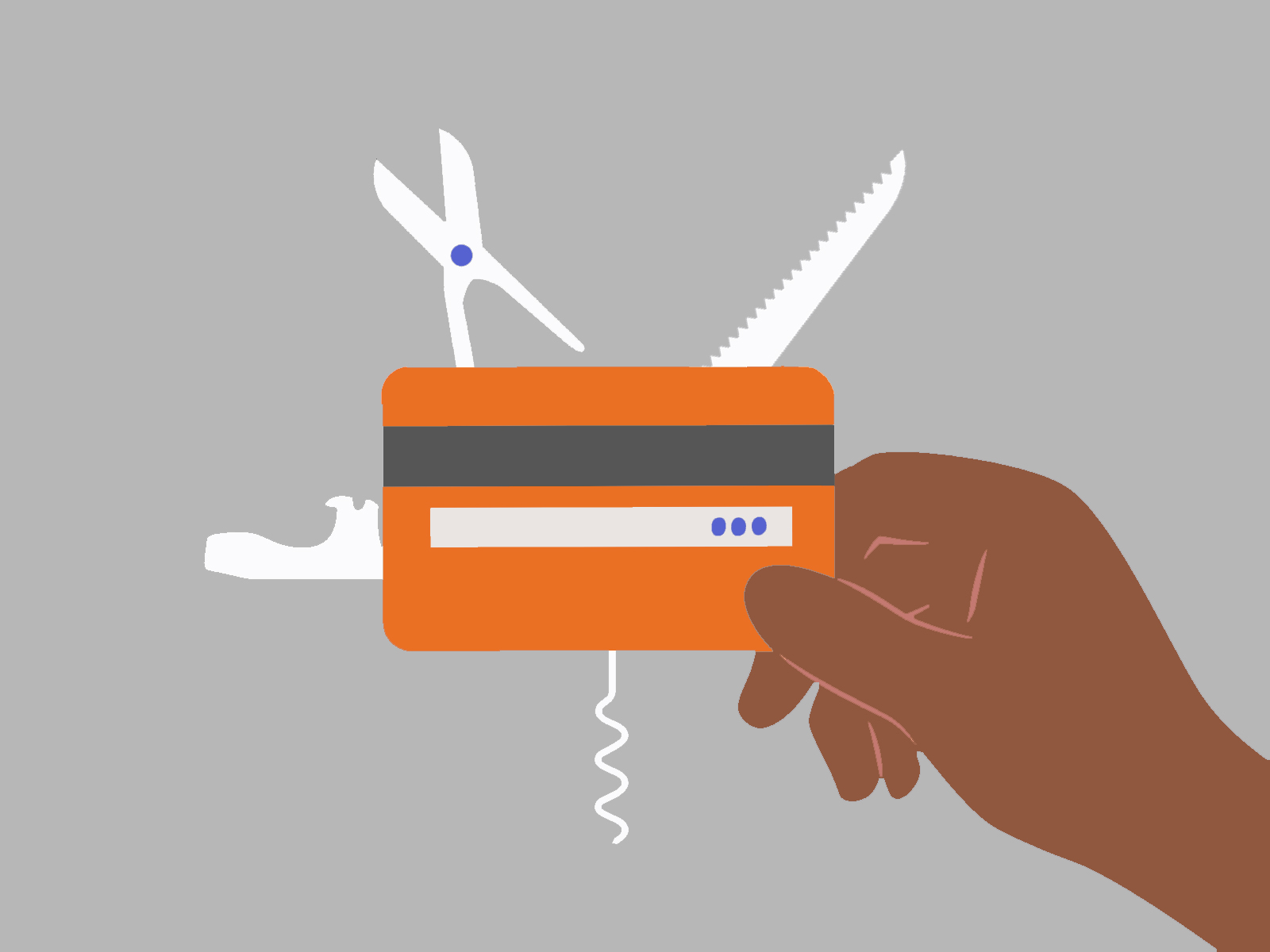Should I use cash or credit when travelling?
When we travel, many of us use a combination of cash and credit cards for our spending needs. Which option we choose really depends on the circumstances, but knowing when to use either cash or credit could help you save money and make your trip less stressful.
When to use cash while travelling
Credit cards are generally accepted all over the world, but in some countries cash is still the main method of payment. Whether or not to use cash also depends on what you're doing: Taking public transportation or taxis, for instance, will usually require cash. If you plan on shopping in markets or with small businesses, cash could give you a little more bargaining power since merchants may want to avoid the fees they pay when you use credit.
Even though cash is convenient, I don't recommend changing too much cash into a foreign currency before you leave for your trip. Instead, use local ABMs once you arrive and withdraw cash as you need it. You'll be charged a foreign exchange fee, and possibly a transaction fee, but that still may be less than what your home bank could charge you to change your cash into a foreign currency. For example, when I travelled to the Middle East a few years back, my home bank was charging close to a 10% fee for Egyptian Pounds, and they didn't even offer service for the Jordanian Dinar. Instead, I used my debit card when I landed to withdraw money. I paid less in fees and was able to get the currency I needed.
If you look on the back of your bank card, you'll see the logos for your ABM network, such as Cirrus and Plus. When abroad, if you see a local ABM with the same logos, then you should have no problem using your card to withdraw cash. You may just want to contact your bank and let them know that you plan to use your card abroad, to prevent any potential card security concerns that could be triggered at the bank.
When to use credit while travelling
The main reason to use credit cards when travelling is convenience. By using plastic there's no need to worry about carrying too much cash. Some would even argue that using credit is "safer" since credit card companies usually won't hold you fully liable for unauthorized purchases. Also, if your card is lost or stolen, you haven't physically lost any of your money. In fact, some card cards offer a free emergency card replacement service in the event that you lose your card while travelling.
Which credit cards you carry with you is also an important consideration. It's unlikely you'll run into any problems using VisaR or MasterCardR, but some lesser known credit cards may not be as commonly accepted. Keep in mind that many credit cards charge a foreign exchange fee, so for all your purchases on credit, you'll pay an additional 1% to 3%.
If you do plan on using credit when abroad, there are a few other things to keep in mind. First off, be sure to let your credit card provider know that you're travelling since a charge in a foreign currency is normally a flag for fraud. It's also a good idea to make sure your personal identification number, or PIN, is four digits only as it's the accepted norm in most countries.
The final word
Whether you prefer cash or credit, circumstances may dictate your choice. Hawker stalls in Hong Kong will only take cash when you need a fix of curry fish balls. But when you're shopping on the Champs-Élysées in Paris, they'll happily accept your credit cards. Make sure you do your research in advance to find out what will work best for you.
Mastercard and Cirrus are registered trademarks of MasterCard Worldwide 1994 - 2015
Visa and Plus are registered trademarks of Visa International in the U.S. and other countries.

